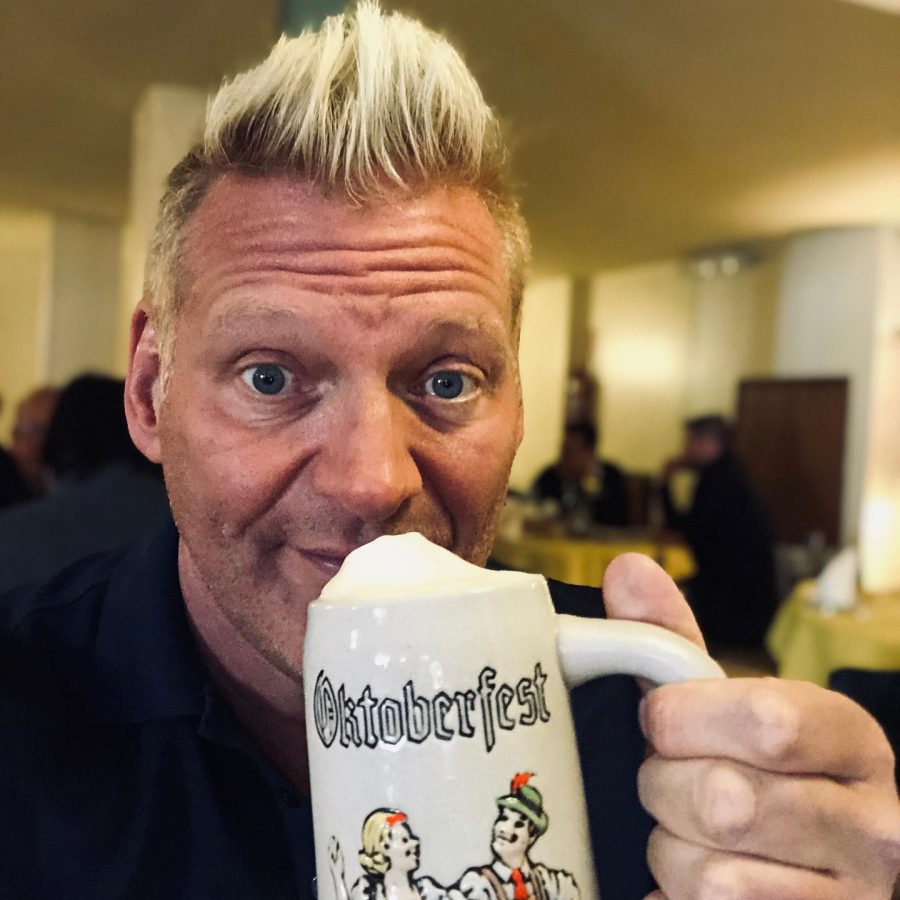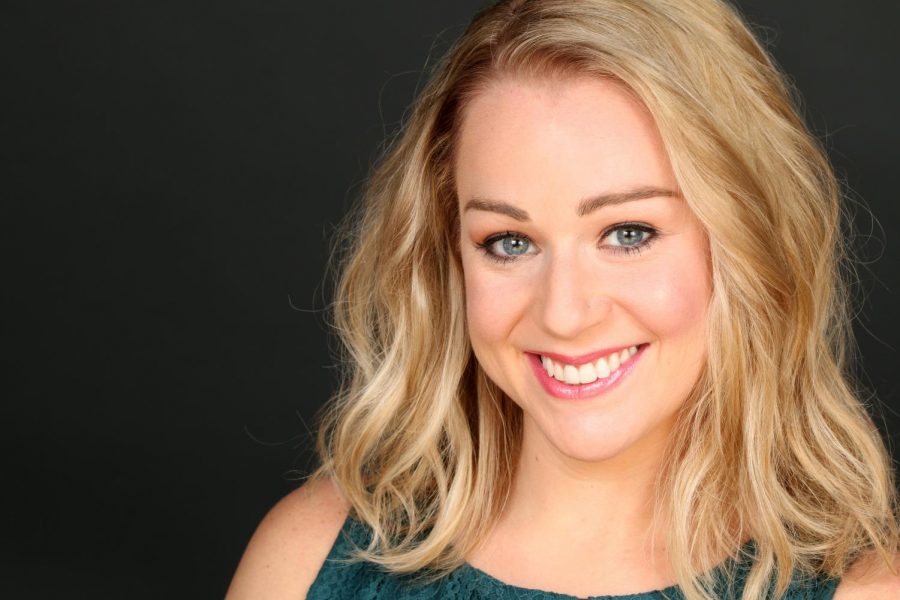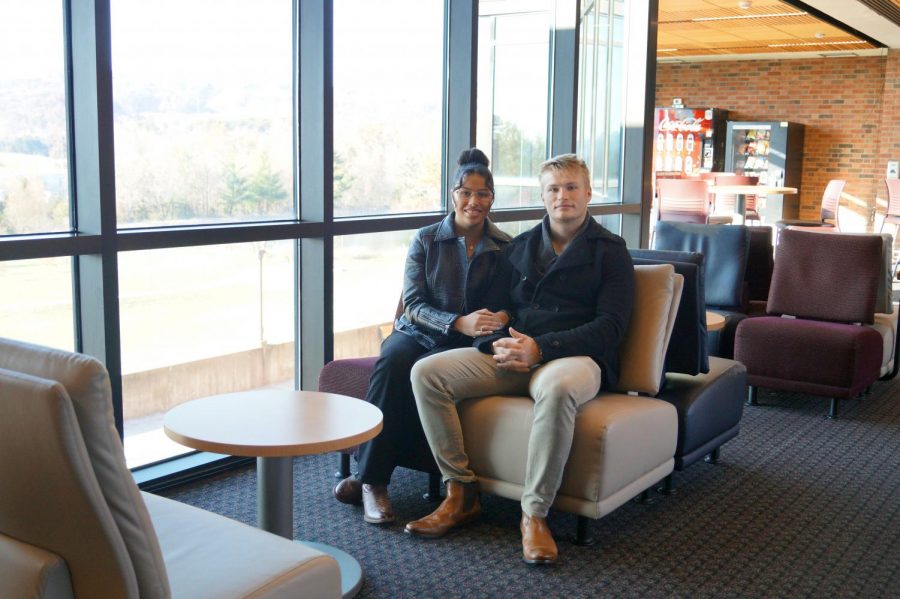
Mark Bickers, biology senior, will be graduating this December after being a college student for only three and a half years.
Bickers is one of three students who received the 2010 Chancellor’s Medallion Leadership Scholarship.
David Taylor, professor of biology, said the scholarship honors outstanding students who make commitments to leadership.
“Mark is a remarkable person, and I am thrilled he received it,” Taylor said. “Mark has won competitive scholarships in the past awarded by the biology department.”
Bickers said he was surprised to be chosen.
“I have been criticized a lot for not being more involved here,” he said. “I know a lot of people apply for it, and there are many good candidates. I guess I am lucky.”
Because he will graduate at the end of this semester, Bickers will only get to use half of the scholarship.
“I have taken a lot of hours in past semesters to graduate early, and I’m going to graduate school next fall, so it’s not like I couldn’t use it, but it’s alright,” he said.
Bickers is a member of Phi Eta Sigma, a national honor society.
“I’m not really the fraternity/sorority kind of person,” he said. “I guess it’s my own stereotypical view of what fraternities are.”
Bickers said his college career has presented some challenges. He said his sophomore year was a wake-up call.
“To me, struggles are relative,” he said. “What’s tough for me is nothing to someone else.
Bickers said he feels lucky he doesn’t have to worry about certain things.
“I feel very fortunate and very blessed that I don’t have to worry about what food to eat and the clothes on my back.”
During his sophomore year, Bickers was working two jobs, tutoring students for chemistry and math and taking 16 credit hours all in one semester.
Also during this time, his father was diagnosed with late-stage prostate cancer.
“I’ve always been the type of person that says I’m fine; I don’t need anybody’s help,” he said. “It was a real struggle for me.”
Bickers said during that same year he started a relationship with his current girlfriend, Casey Koetter, finance senior, which caused problems at home.
“My dad had always worked a ton, so my mom depended a lot on me and my twin brother, Johnny,” he said.
Bickers said while his brother went to Bloomington, he stayed home.
“[My mom] clung on tight, Bickers said. “I wanted to be spending time elsewhere and that caused major problems at home. I was constantly being threatened of being kicked out. It was a rough time for me.”
Bickers said he is fortunate to not have more serious struggles to talk about.
“I feel like the struggles and the bad times make you who you are,” he said.
Bickers said he believes all the struggles he has been through are what led him to faith.
“As a biology major, I have always struggled with it because the science side doesn’t really match up,” he said. “But now I do not believe science can provide all of the answers. I hit a low point, and I needed help, and I found myself reaching that way and, it all added up and made sense.”
After graduating from IU Southeast, Bickers said he hopes to attend medical school.
“I have an interview with IU on November 3,” he said. “I have also applied at a couple of other schools.”
His girlfriend said she supports Bickers decision to go to medical school 100 percent.
“I admire Mark for wanting to go to medical school,” Koetter said. “I have been in college for four years, and I am ready to be done, so for him to want to go through four more years of school and maybe more, amazes me.”
She said Bickers comes from a family of physicians.
“I really feel like him becoming a doctor is what he is meant to do,” Koetter said. “It makes him happy helping others.”
Taylor said he expects Bickers to be accepted to medical school.
“Many of our graduates in biology apply to medical school and get in,” Taylor said. “He has the ability to be a great doctor.”
In his spare time, Bickers said he likes to ride horses.
As part of his senior seminar, Bickers is conducting research on a gene that may lead to arthritis in horses.
“Basically you have all of your genes and gene codes for different proteins, and I think that this particular protein may have a mutation that makes it not work right which can make a horse more prone to arthritis,” he said.
Bickers said he started the research process last spring.
“I work with horses, and I had to take hair samples from the horses,” he said. “Because it is funded by IUS, there is an animal care committee you have to go through to make sure you are not abusing the animals.”
Bickers said next spring is a big question mark. He said he is interested in getting a job at a hospital or working on a ranch.
“I was thinking about going to Texas, Colorado or Montana to get a job on a ranch and learn more about breaking horses in different disciplines,” Bickers said.
By KRISTINA BLEUEL
Staff
kcbleuel@umail.iu.edu




